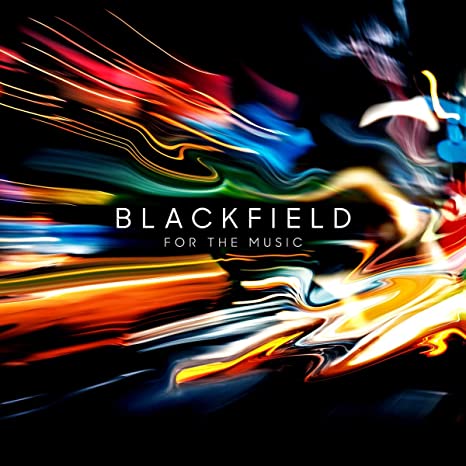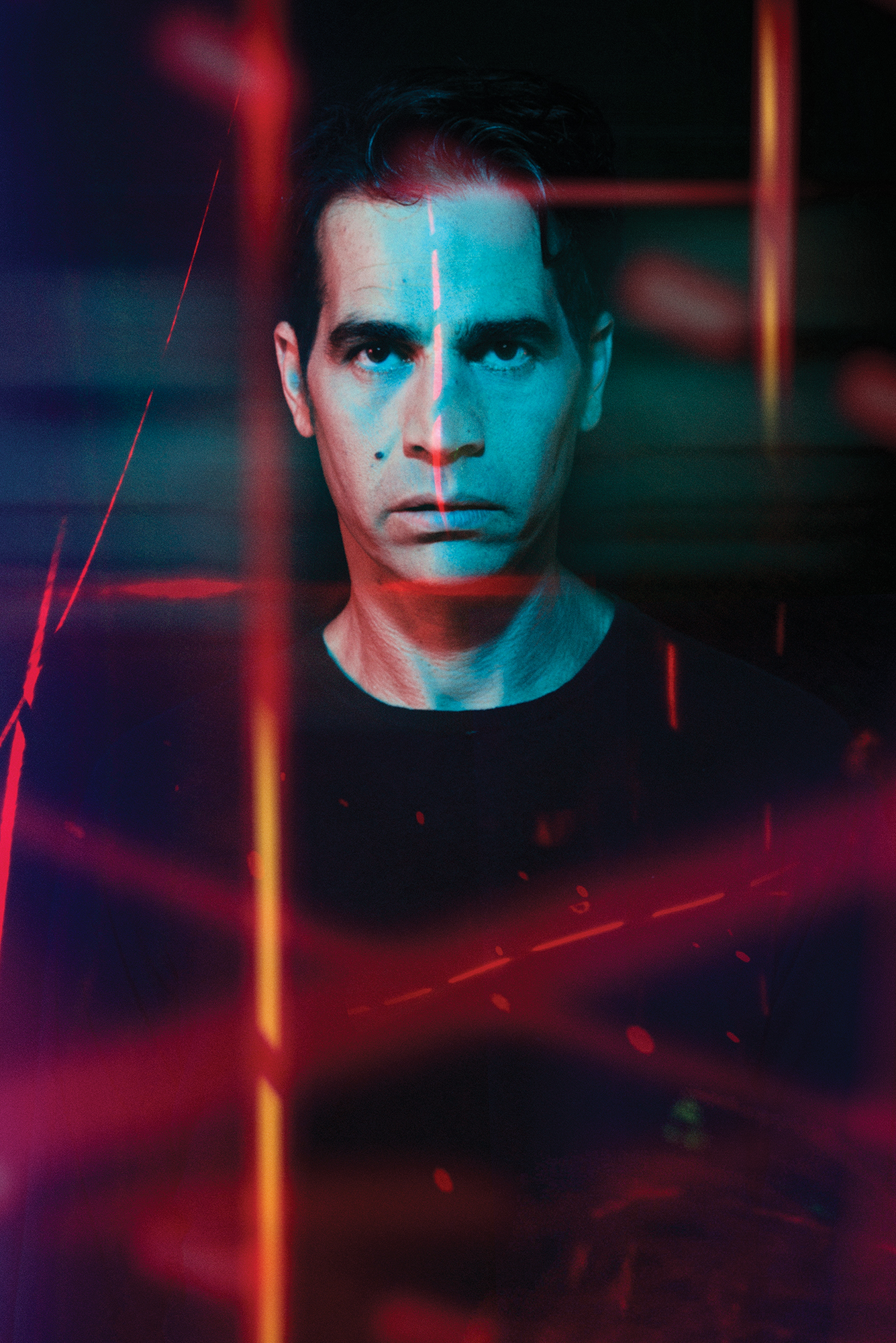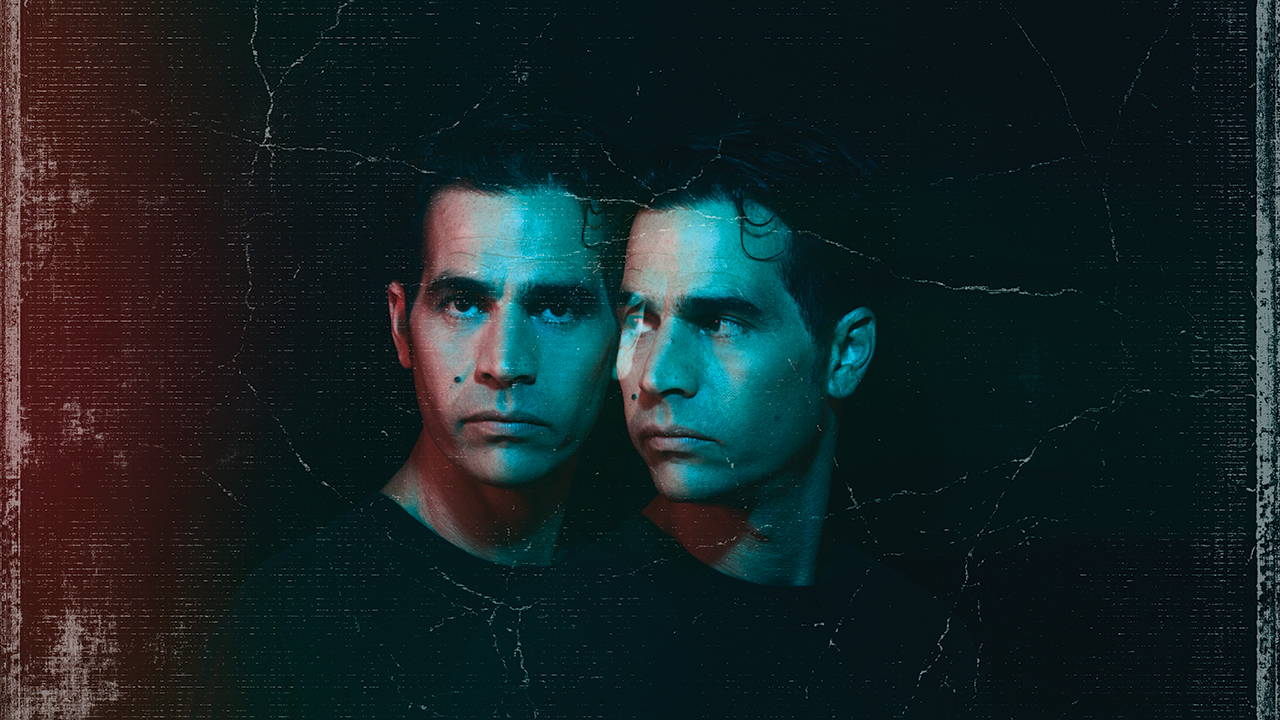There are times in every musician’s career where they take a shot at breaking through into the mainstream. Blackfield’s music – a harmonious combination of the potent talents of Steven Wilson and Aviv Geffen – has always teetered on the cusp of commercial acceptance. With the latest album For The Music having the benefit of major label backing, an articulate sound and keen production, there’s a very real chance that Blackfield could finally transcend the confines of the progressive pop genre box and drop into the consciousness of your Average Joe. And it’s something that Geffen is acutely aware of.
“Parlophone came to me and said that they truly believe in Blackfield,” he reveals from his Tel Aviv home. “They have Coldplay, Blur and Bowie on their label, so for me it was a very moving thing. There are some good signs. I’ve just heard that the second single, Under My Skin, was playlisted on Virgin Radio. That’s something that we’ve never had before. Although the album is very mainstream and poppy it still has the same nostalgic, signature sound of Blackfield. To be honest, if someone misses the old Steven Wilson from Porcupine Tree, you can only get that now on Blackfield, as he’s moved on to the electro thing. I think it’s good and we should judge the songs and not the genres. I sent over the new Blackfield tracks to Peter Gabriel and Brian Eno and they really liked it. They’re prog people and maybe the King of Prog in Peter Gabriel. If he likes it, then I guess we’re doing fine.”
Geffen has a point. Aside from the identifiable melodies that link the album to past Blackfield recordings, there are hints of Porcupine Tree’s Lightbulb Sun-era, which those who have vociferously railed against Wilson’s current direction, may find solace in. Although Wilson’s input is perhaps less than on previous releases, he remains crucial in fashioning their sound, and has also provided vocals and guitar to a number of tracks.
“I’m always sending all the demos to Steven because we still want to keep the Blackfield DNA,” he says. “There are some beautiful songs on this album and Steven sings on three, and the music always goes through me and Steven. There’s also a great song on the album called Falling, which is an outtake from our second album. We lost the track, so we had to redo everything from scratch. But Steven’s one of my best friends and we talk on a daily basis. For me, it was really hard to see the reaction to his new solo songs. I think people have judged him really hard and they should appreciate that he is moving on and support his vision. He’s really a pioneer, you know? But on Blackfield you can still get the old and dark Steven. There’s great guitar with epic music, and heavy chords.”

In what’s perhaps an unexpected move – given Wilson’s production pedigree – Blackfield have been assisted in honing the music by Trevor Horn and Coldplay producer Rik Simpson. Geffen reveals how such a collaboration come into fruition: “Rik heard some demos and he said, ‘Aviv, look, these days you have your fans and your fanbase is wide. But I think you should go wider but keep the dreamy synthpop the same without becoming cheesy. You must have a great production so that we can get it played on the main radio stations.’ I really think that he’s right and for me, Rik Simpson is a genius. People can judge Coldplay’s music forever, but you can’t say that it’s not well-produced. So, when he came to me it was like God was knocking on my door.
“The last song on the album is called It’s So Hard and it was originally in Hebrew. When Trevor Horn heard it, he said, ‘It’s a crime only to have this in Hebrew. You really must put it into English as it’s such a great song.’ So, we spent some time in his studio in west London, and I’m so happy that he pushed me to record it. For me, Trevor is like God, he’s the one. When I’ve worked with Alan Parsons and [Tony] Visconti in the past, for them, Trevor Horn is the king. He’s the man.”
Lyrically, Blackfield’s new songs flicker between those relating to human emotions, to an outspoken stance that you’d expect from someone as entwined in Israeli politics as Aviv Geffen. Unlike many other musicians from around the globe who have spoken out on the thorny subject of Palestine, Geffen orates with an authority gained from his experiences. Not least his appearance at a peace rally in 1995, where he was invited by then Israeli Prime Minister Yitzhak Rabin to perform. Grainy internet footage shows a heavily madeup Geffen shaking hands with Rabin, shortly before the leader was assassinated. It was an encounter that only solidified his beliefs.

“For me, that really changed all my life,” he says with a sense of despair in his voice. "I was one of the last people to talk to him. He invited me to be the headliner at his peace rally. I felt like Forrest Gump; I was at the most historic point in Israel’s life and I was a witness to the murder. The killer said that he was my driver and that was why they let him in and to get so close to Rabin. It was a disaster and a terrible time for me. As I’m living here in Israel with this endless conflict, I’m very involved in politics. I think my life is very punk in a way because I’m really against the right wing. I’m making a stand, doing interviews and criticising [current Prime Minister] Benjamin Netanyahu. Now there are huge protests every night and I’m one of the leaders. Israel is really changing. In my early days, I think that I changed a lot of the new generation and now they can vote and try to replace him. It’s an immensely powerful thing.”
Such a public stance can of course have a real danger. This isn’t armchair posturing from a detached musician safely ensconced in a mansion thousands of miles from the location of their ire. Geffen has placed himself well and truly above the parapet, which begs the question of how his protestations are received in his home country?
“I think people appreciate it because before I came in, nobody dared to criticise the government,” he suggests thoughtfully. “I try to open the eyes of my fans. I was standing on the stage in front of 30,000 people and I said that people should ask all the time how Netanyahu presents Israel. It has made an impact and now Israel is divided more than ever. Music is a tool to change Israel: if you are in Israel and you are an artist, you should deal with the politics. I grew up with Lennon, Bob Dylan, all those people who were brave enough to speak out. I don’t want to do cheesy pop songs and I’m not afraid to lose crowds.”
With the current lockdown on performing live for large audiences across the world, the future for Blackfield is the same as every other artist. Only the passing of time will confirm when the Wilson-Geffen partnership will be able to tour UK and European stages anytime soon. Geffen clearly hopes that such a tour may prove to be feasible this year, and confirms that any gap could be filled with further Blackfield releases.
“There could be another album quickly, but we’re all hoping that around April or May we’ll be able to tour. I really hope that’s the case. There are many fans around the world, and I can’t wait to play this album for them.”
This article originally appeared in issue 117 of Prog Magazine.
